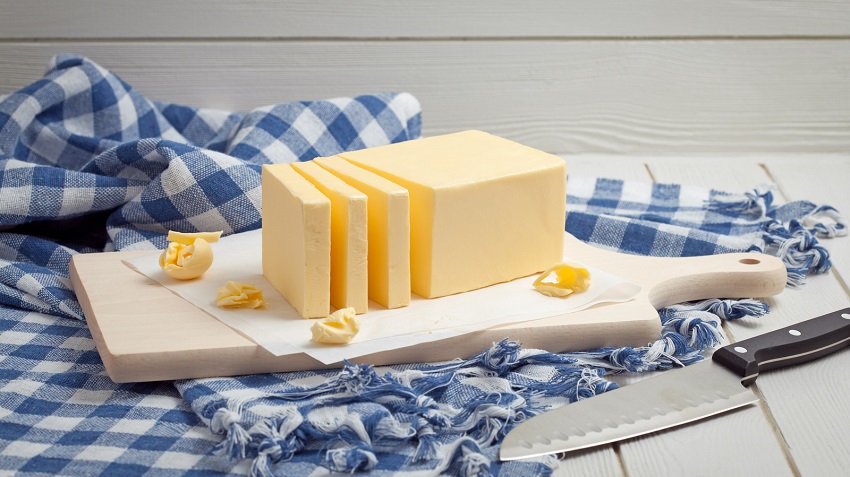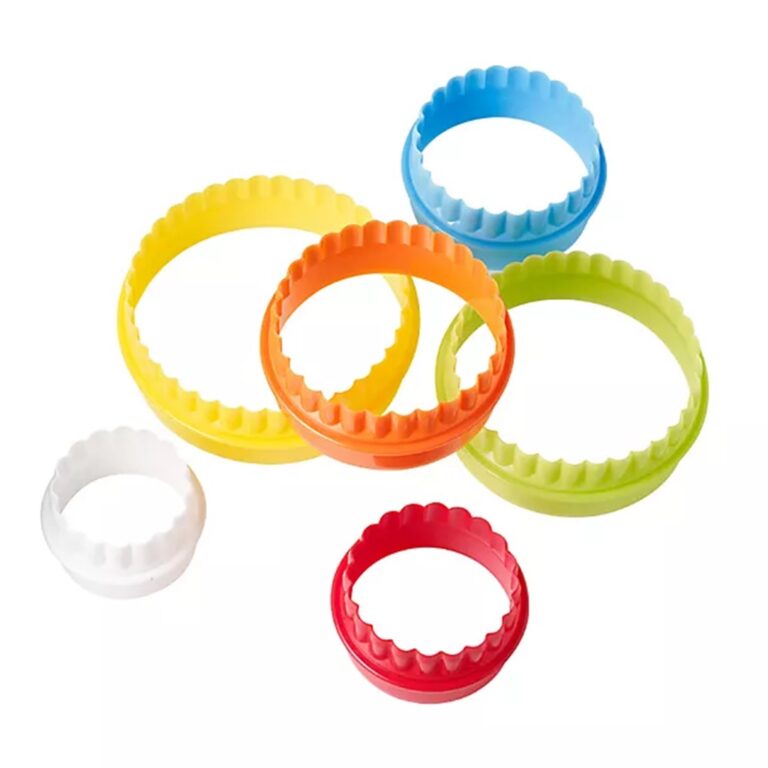Butter is a versatile and delicious ingredient used in various recipes, but like all dairy products, it has a limited shelf life. As a consumer, it’s important to know how to determine if butter has gone bad to avoid consuming spoiled or rancid butter. In this article, we will explore different indicators of butter spoilage and provide helpful tips to ensure you’re using fresh, high-quality butter in your cooking. The content is introduced by https://foodwithkidappeal.com/
Understanding Butter Shelf Life
Butter is a perishable product, and its shelf life depends on several factors, including the manufacturing process and storage conditions. Typically, commercially produced butter can last for several weeks when stored properly in the refrigerator. However, it’s essential to check for signs of spoilage before using it. If you’re wondering about the expiration date of your butter, simply search for does butter expire to find out more information.
Inspecting the Appearance
Visual cues can often indicate if butter has gone bad. Here are a few things to look out for:
Mold or Discoloration
If you notice any green, blue, or white spots on the surface of the butter, it’s likely mold. Discard the butter immediately as consuming moldy butter can lead to food poisoning.
Off Odor
Fresh butter has a pleasant, creamy aroma. If the butter smells rancid, sour, or has a strong, unpleasant odor, it may have gone bad. Trust your sense of smell and discard butter with an off odor.
Unusual Texture
Butter should have a smooth and consistent texture. If you notice any graininess, sliminess, or separation of the butterfat, it’s an indication that the butter has spoiled. Avoid using butter with an abnormal texture.
Checking the Taste
While taste is subjective, spoiled butter often has a distinct off-flavor. If you find the taste of the butter unpleasant or different from what you’re used to, it’s advisable to err on the side of caution and discard it.
Considering Expiration Dates
Butter packages typically come with expiration or “best before” dates. These dates provide a general guideline for the freshness of the butter. It’s important to note that butter can still spoil before the expiration date if it’s not stored properly. Therefore, rely on your senses and the appearance, odor, and taste tests mentioned above rather than solely relying on the expiration date.
Proper Butter Storage
To maximize the shelf life of your butter, follow these storage guidelines:
Refrigeration
Store butter in the refrigerator at a temperature below 40°F (4°C). This helps slow down the growth of bacteria and maintains the butter’s freshness.
Airtight Packaging
Keep butter in an airtight container or wrap it tightly in aluminum foil or parchment paper to prevent it from absorbing odors from other foods in the fridge.
Butter Dish
If you prefer to keep butter at room temperature for spreading convenience, use a covered butter dish specifically designed to keep the butter fresh and protected.
In conclusion, it’s crucial to be able to determine if butter has gone bad to ensure food safety and maintain the quality of your dishes. By inspecting the appearance, checking the odor and taste, considering expiration dates, and following proper storage practices, you can avoid using spoiled butter and enjoy the delicious taste of fresh butter in your cooking.
FAQs About Spoiled Butter
Q1: Can you still cook with butter that has gone bad?
A1: It is not recommended to cook with butter that has gone bad as it can adversely affect the taste and quality of your dishes. It’s best to discard spoiled butter and use fresh butter for cooking.
Q2: How long can butter stay out of the refrigerator before it spoils?
A2: Butter can stay out of the refrigerator for a short period, usually up to a few hours, depending on the ambient temperature. However, it’s advisable to store butter in the refrigerator to maintain its freshness and prevent spoilage.
Q3: Can I freeze butter to extend its shelf life?
A3: Yes, butter can be frozen to extend its shelf life. Make sure to wrap it tightly in freezer-safe packaging or an airtight container to prevent freezer burn and odors from affecting its quality.
Q4: Are there any substitutes for butter?
A4: Yes, there are various substitutes for butter, such as margarine, vegetable oil, coconut oil, or olive oil, depending on the specific recipe and dietary requirements.
Q5: Can you use expired butter on your skin?
A5: It is not recommended to use expired butter on your skin, as it may cause irritation or skin problems. It’s best to use fresh, unspoiled butter for any skincare or cosmetic purposes.













